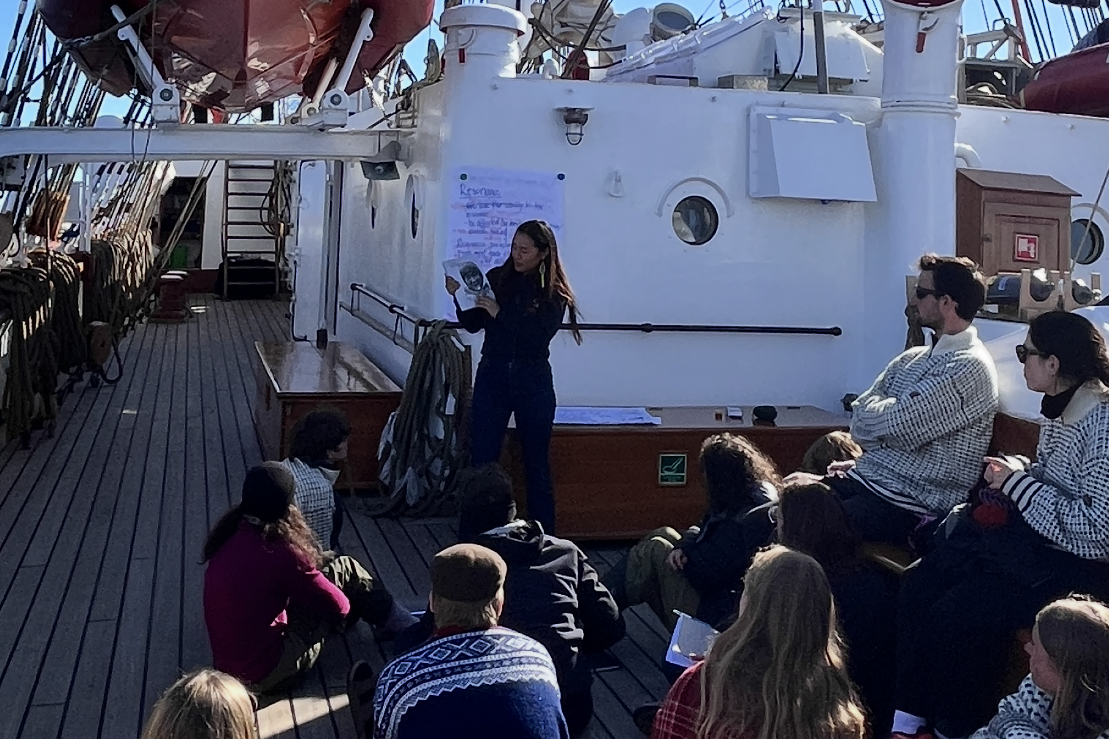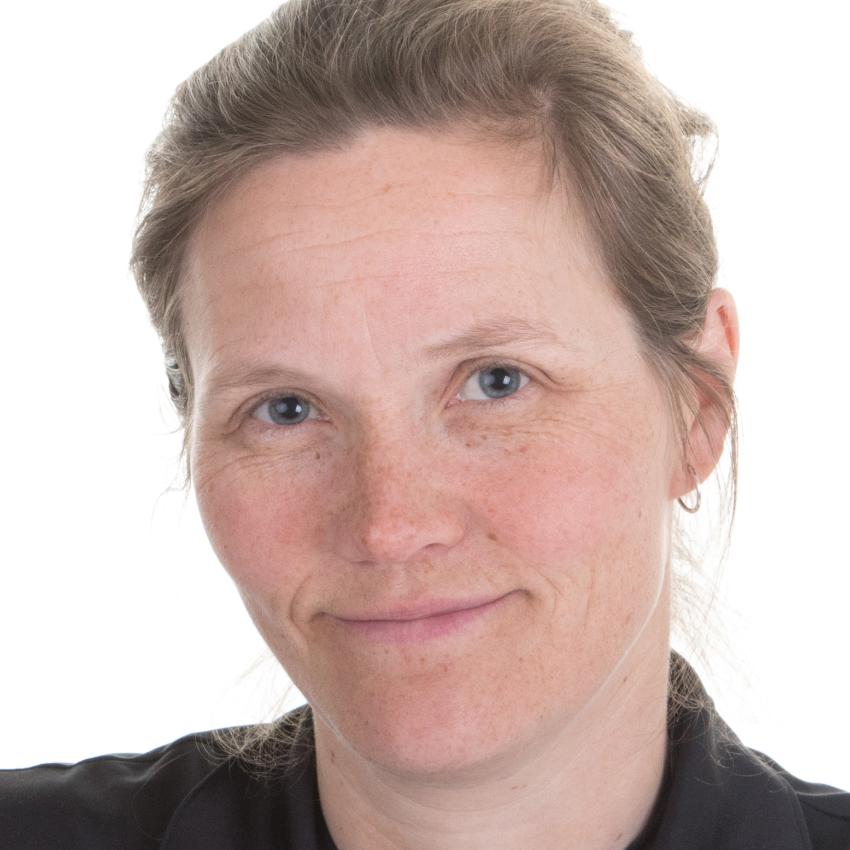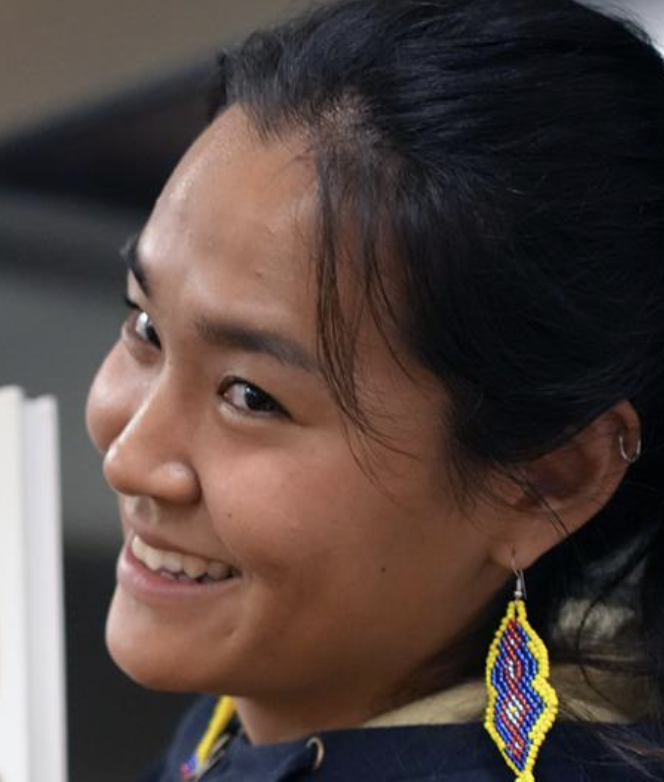Indigenous Knowledge, Strength and Reality
There is a growing global awareness and acknowledgement of the significance of Indigenous Knowledges.

The following text is written by Miyuki Daorana, who is a student at UiT The Arctic University of Norway and an Iniut knowledge holder at Arctic Future Pathfinders.
Holistic knowledge systems actively and ongoingly connects different topics and constructed categories, like “culture”, “nature”, “social”, “language, “economy”, and such.
An example from Avanersuaq, Northwest of Kalaallit Nunaat (Greenland), we have one word, “Hila” which means “weather”, “climate”, “consciousness”, and “inner self” all in one word.
This one word from the Inuit language erases the dominant Western separational categorization and encapsulates the connection between “nature”, “health”, “people”, “inner” and “outer”.
Stigmatization and Oppression of Indigenous Knowledge
Historically and continuously Indigenous Peoples, their lives and their way of being and knowing has been judged as “backwards”, “primitive”, “traditional”, and “underdeveloped”.
The judgements made by settlers and states were based on research and experiments on Indigenous skulls, bodies, and minds.
This degrading view on Indigenous Peoples are embedded in educational institutions, political structures, and social discourses. Like the use of “developing” and “underdeveloped” countries or territories, used in United Nations and European Union, and many universities.
Strength and Significance of Indigenous Knowledges
Thankfully, there is a growing global awareness and acknowledgement of the significance of Indigenous Knowledges. Lots of International Instruments and conferences are seeking and demanding Indigenous ways to solve the Climate Crisis and capitalist issues.
Indeed, many realize that Indigenous knowledge systems are not backwards.
On the lesson I held on board, as an Inuk knowledge holder, I gave an example of the complex technology, skills, and knowledge that Inughuit has.
From Indigenous engineering, to navigating endless types of ice, weather and seas, I gave a specific example from Arnarulunnguaq´s reconciliated story.
Arnarulunnguaq was an untold yet a key part of the fifth expedition with Knud Rasmussen. She had extraordinary skills and knowledges, like carrying fire with her, fire secured in fish skin, a scientific and spiritual skill that many Inughuit and Inuit tragically have lost due to colonialism and degradation.

